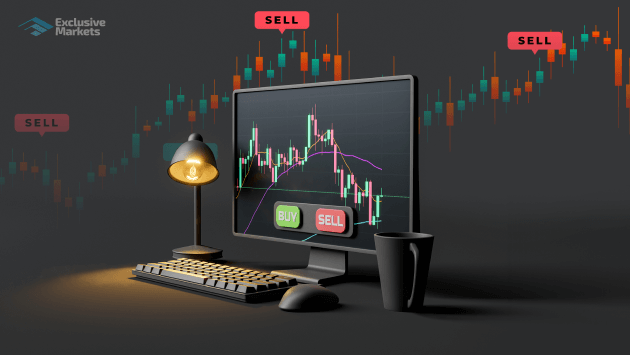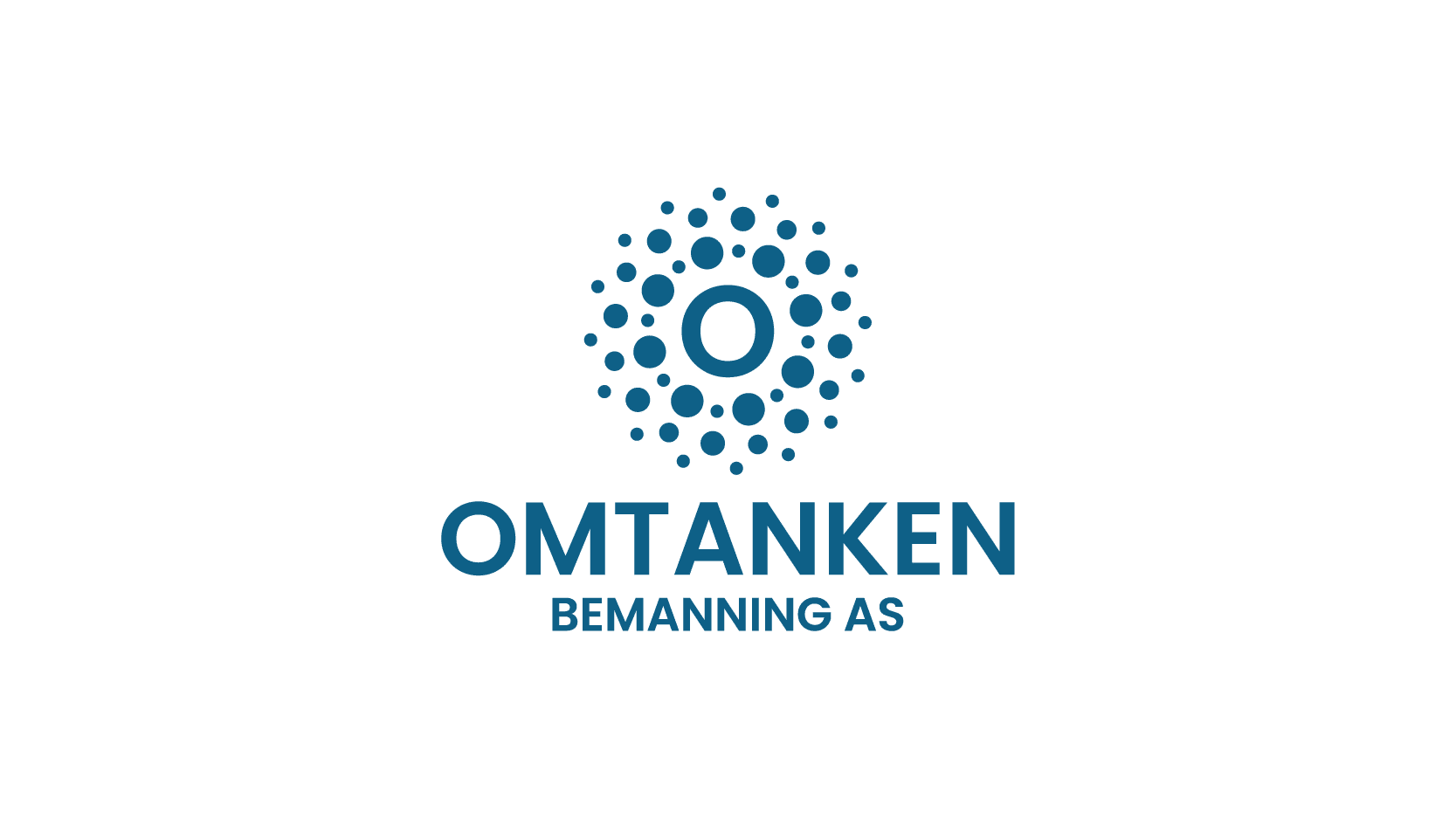Understanding Forex Trading Accounts A Complete Guide 1645917500

Forex trading accounts are essential for anyone looking to dive into the world of currency trading. With the right account, traders can access the forex market, execute trades, and manage their investments effectively. This guide will explore the types of forex trading accounts available, what to consider when opening an account, and tips for successful trading. If you’re looking for reliable information and reviews on various trading platforms, check out forex trading account Trading Brokers.
What is a Forex Trading Account?
A forex trading account is an online account that allows traders to buy and sell foreign currencies within the foreign exchange (forex) market. Unlike traditional stock trading accounts, forex accounts are uniquely tailored for trading currency pairs. Depending on the platform, traders can leverage their investments and trade significant amounts of currency with a relatively small deposit.
Types of Forex Trading Accounts
There are several types of forex trading accounts to cater to different trading styles and preferences. Understanding these types is crucial for choosing the right one for your trading needs:
1. Demo Account
A demo account is a simulated trading environment that allows traders to practice their skills without risking real money. These accounts are funded with virtual currency and enable users to explore the trading platform and refine their strategies. A demo account is an excellent option for beginners who want to gain confidence before transitioning to a live account.
2. Standard Account
The standard account is the most common type of forex trading account. It typically requires a higher minimum deposit than a mini or micro account. In a standard account, traders usually deal in lots of 100,000 units of currency. This type of account attracts experienced traders who can manage larger investments and risks.
3. Mini Account
A mini account is ideal for traders who want to start trading forex with a smaller capital outlay. It generally requires a lower minimum deposit than standard accounts, allowing traders to control 10,000 units of currency. Mini accounts are popular among beginner traders or those who prefer to trade with smaller lot sizes.
4. Micro Account
Micro accounts are designed for novice traders and those who want to test their strategies in the forex market without committing significant capital. A micro account usually requires a minimal deposit, allowing traders to control just 1,000 units of currency. This type of account is ideal for learning and honing trading skills in a low-risk environment.
5. Islamic Account
Islamic accounts are designed for traders who adhere to Islamic finance principles. These accounts comply with Sharia law, which prohibits earning or paying interest. As a result, Islamic accounts typically do not incur swap fees for holding positions overnight. Many brokers offer this type of account to cater to Muslim traders.
Choosing the Right Forex Trading Account
Selecting the right forex trading account is vital to your success in the forex market. Here are some factors to consider when choosing an account:
1. Trading Level
Your experience level as a trader will influence the type of account you should choose. If you are a beginner, you might want to start with a demo account or a micro account to minimize risk while learning the ropes. Experienced traders may opt for standard accounts for larger positions and more exposure.
2. Minimum Deposit
Different accounts come with varying minimum deposit requirements. It is essential to choose an account that matches your budget. Ensure you consider not only the initial deposit but also the costs associated with trading, such as spreads and commissions.
3. Leverage Options
Leverage allows traders to control a larger position with a smaller amount of capital. However, higher leverage also increases risk. When choosing a forex account, consider the leverage available and ensure you fully understand how it works before using it.
4. Trading Platform

Each broker offers different trading platforms. Choose an account that provides access to a user-friendly and reliable trading platform. Look for essential features like charting tools, technical analysis, and execution speed, which can greatly enhance your trading experience.
5. Customer Support
Reliable customer support can be a lifesaver, especially when you encounter issues with your trading account. Choose a broker that offers responsive, available customer support through multiple channels, including live chat, email, and phone.
Funding and Withdrawal Options
Once you have chosen a forex trading account, you’ll need to fund it to start trading. Most brokers offer multiple funding options, including:
- Bank wire transfers
- Credit and debit cards
- Electronic payment systems (e-wallets)
- Cryptocurrency
It’s essential to check the deposit and withdrawal policies. Some brokers may impose fees or processing time that could impact your trading experience. Always read the terms and conditions before opening an account.
Understanding Forex Trading Costs
When trading forex, be aware of the various costs associated with your trades. These can include:
1. Spread
The spread is the difference between the bid (selling) price and the ask (buying) price. It is how brokers make their profit. Spreads can vary based on market conditions and the broker you choose.
2. Commission
Some brokers charge a commission for each trade in addition to the spread. This fee can either be a flat rate or a percentage of the trade amount. Consider the total trading costs when evaluating a broker.
3. Overnight Fees
If you hold a position overnight, some brokers may charge overnight fees (rollover fees) if the trade is not closed by the end of the trading day. It’s essential to factor this into your trading strategy to avoid unexpected costs.
Risk Management in Forex Trading
Forex trading involves significant risks due to price volatility. Effective risk management strategies are crucial for preserving your capital and ensuring long-term success. Key strategies include:
1. Setting Stop-Loss Orders
A stop-loss order can help limit your losses by automatically closing a position when it reaches a predetermined price level. This tool helps to mitigate risks and protect your investment.
2. Position Sizing
Determining the right position size for each trade is critical for managing risk. Many traders follow the rule of risking only a small percentage of their account balance on any single trade.
3. Diversification
Spreading your investments across different currency pairs can reduce risk. By diversifying your trades, you can avoid heavy losses should one currency pair perform poorly.
Conclusion
In conclusion, understanding forex trading accounts is crucial for anyone looking to invest in the forex market. By choosing the right account type and implementing effective trading strategies, you can maximize your trading potential. Always stay informed about market trends and continuously refine your trading skills for the best results in your forex trading journey.

